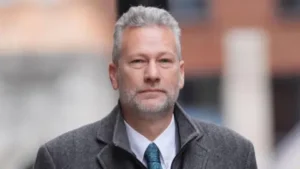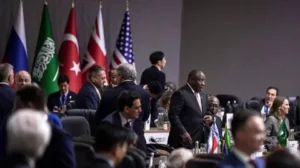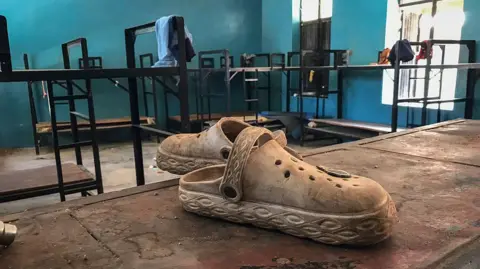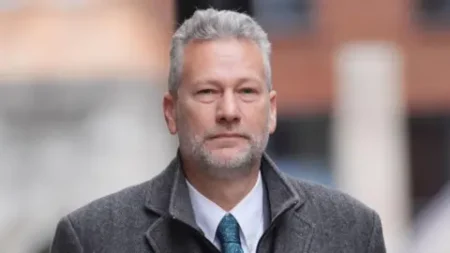In a harrowing incident from Nigeria’s Niger State, fifty out of a total of 315 children abducted from St. Mary’s School have managed to escape their captors. This mass abduction, which occurred last Friday, has triggered a nation-wide outcry and a significant military-led search and rescue mission focusing on the 265 remaining children and twelve teachers who have not yet returned home. This escape has brought a glimmer of hope to the families of the abducted and the broader community who have been distressed by a string of similar incidents targeting educational institutions.
According to the Christian Association of Nigeria, the fifty escapees have since been reunited with their families, offering them much-needed relief amidst an ongoing crisis. In light of the abduction, authorities across several Nigerian states, including Kebbi and Katsina, have taken precautionary measures, ordering a closure of schools to protect students from potential kidnappings. This decision followed another smaller kidnapping in Kebbi State just days later, where twenty pupils were taken from a boarding school.
In a somewhat parallel development, thirty-eight individuals who had been abducted from a church service in Kwara State were freed, as announced by the state’s governor. The frequency of such attacks, particularly on schools and places of worship, raises disturbing questions about safety in Nigeria. In fact, the use of abduction for ransom by armed groups, commonly referred to as bandits, has emerged as a severe threat in numerous Nigerian regions, contributing to a climate of fear and disruption.
Following the attack on St. Mary’s School, local police reported that armed assailants stormed the premises around two in the morning, capturing students who were staying overnight. The Nigerian state (Niger), in response to this dire situation, has decided to shut down schools temporarily. Governor Mohammed Umaru Bongo has emphasized that this is not a time for blaming others but rather focusing on the protection and recovery of the abductees.
Pope Leo XIV has also expressed profound sorrow regarding this incident. He called for decisive actions from the Nigerian authorities to ensure the quick release of the abductees. The grief of families reverberates throughout the community, and individuals are grappling with anxiety and despair. Dominic Adamu, a parent whose daughters were not taken, expressed the collective shock and helplessness felt by many. It is indeed a chilling time for parents in Nigeria, with some families now watching over their loved ones with the constant worry that they could be the next victims.
The ransom crisis and the systemic challenge of insecurity have been prevalent in Nigeria for years. While the government has banned ransom payments in an attempt to limit financial incentives to the abductors, this measure has shown little success in curtailing the problem. The reality of insecurity in Nigeria has become even more pronounced with the news of further abductions, such as the twenty schoolgirls kidnapped from their boarding school in Kebbi State, leading authorities to close all secondary schools and colleges in that area as a safety measure.
Amidst this chaos, Nigerian President Bola Tinubu has postponed his foreign engagements, including an anticipated trip to the G20 summit, prioritizing the pressing security matters at home. The attack has stirred international dialogue, with right-wing figures in the U.S., notably including former President Donald Trump, raising alarms about the treatment of Christians in Nigeria. However, the Nigerian government has dismissed these claims, asserting that the violence perpetrated by extremists often affects people of all faiths, including Muslims.
As Nigeria grapples with the repercussions of these mass abductions, the collective hope remains that the remaining hostages will soon be freed, and measures will be robustly implemented to enhance safety in educational institutions and the community at large.











